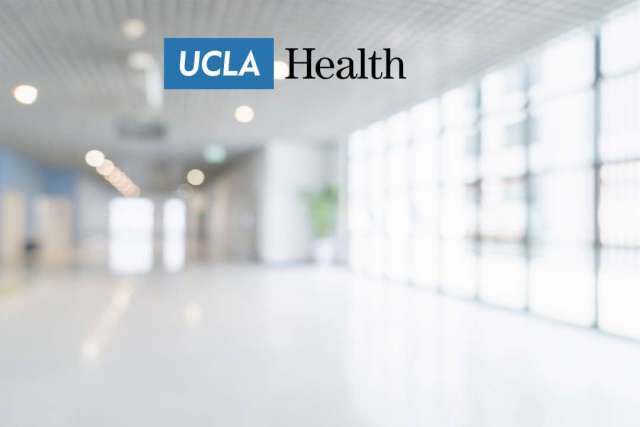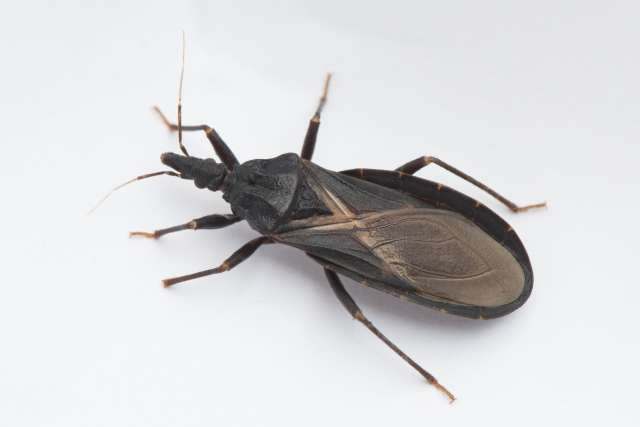The heart transplantation team at Ronald Reagan UCLA Medical is currently leading a national, multicenter phase 2 clinical study of an experimental organ-preservation system that allows donor hearts to continue functioning in a near-physiologic state outside the body during transport.
The Organ Care System (OCS), developed by medical device company TransMedics, works this way: After a heart is removed from a donor's body, it is placed in a high-tech OCS box and is immediately revived to a beating state, perfused with oxygen and nutrient-rich blood, and maintained at an appropriate temperature. The device also features monitors that display how the heart is functioning during transport.
The current standard of transporting donor hearts in iceboxes in a non-functioning state, which has been used for decades, requires the restarting of the heart once it has been placed inside the recipient.
"The concept of transplanting a donor heart in a beating state is revolutionary," said Dr. Abbas Ardehali, surgical director of the heart and lung transplantation program at Ronald Reagan UCLA Medical Center and principal investigator of the OCS trial. "This promising technology may improve the function of the donor heart, because it remains in a near-physiologic state. It can also help us better assess the suitability of a potential donor, since we can test the heart in the device."
Ardehali said the technology could also lead to better tissue matching between donor hearts and recipients because the box would grant the transplant team more time to test the heart for potential rejection factors.
Additionally, because the current transport method requires a donor heart to be delivered to a recipient within six hours to remain viable, the OCS box could potentially help expand the donor pool by allowing donor hearts to be safely transported across longer distances.
The OCS study led by UCLA will enroll a total of 128 patients nationwide in a randomized, controlled trial comparing the safety and effectiveness of the experimental OCS with the existing icebox method for keeping donor hearts healthy.
Additional study sites include Columbia University, the Cleveland Clinic, Washington University in St. Louis, Tufts Medical Center, Massachusetts General Hospital, Brigham and Women's Hospital, Newark Beth Israel Medical Center, Stanford Hospital and Clinics, the University of Pittsburgh Medical Center, Jackson Memorial Hospital and the University of Washington, Seattle.
"There are not enough donor hearts to help all the patients who are waiting," Ardehali said. "If we can find ways to improve upon our limited supply of hearts, then more lives will be saved."
The OCS clinical trial, called the "Prospective, Randomized, Multicenter Safety and Effectiveness Evaluation of the Organ Care System Device for Cardiac Use" (PROCEED II), is fully designed and sponsored by TransMedics.
Ardehali has no financial ties to disclose.
Headquartered outside Boston, Mass., TransMedics Inc. is a privately held medical device company founded in 1998 by cardiac surgeon Dr. Waleed Hassanein to address the vital, unmet need for better, more effective organ transplant technologies. For more information, visit www.transmedics.com.
UCLA's adult and pediatric heart transplant program is one of the largest and most respected in the world. The transplant team at UCLA has pioneered many new techniques to further improve outcomes for heart transplant patients. Please visit www.transplants.ucla.edu for more information.



